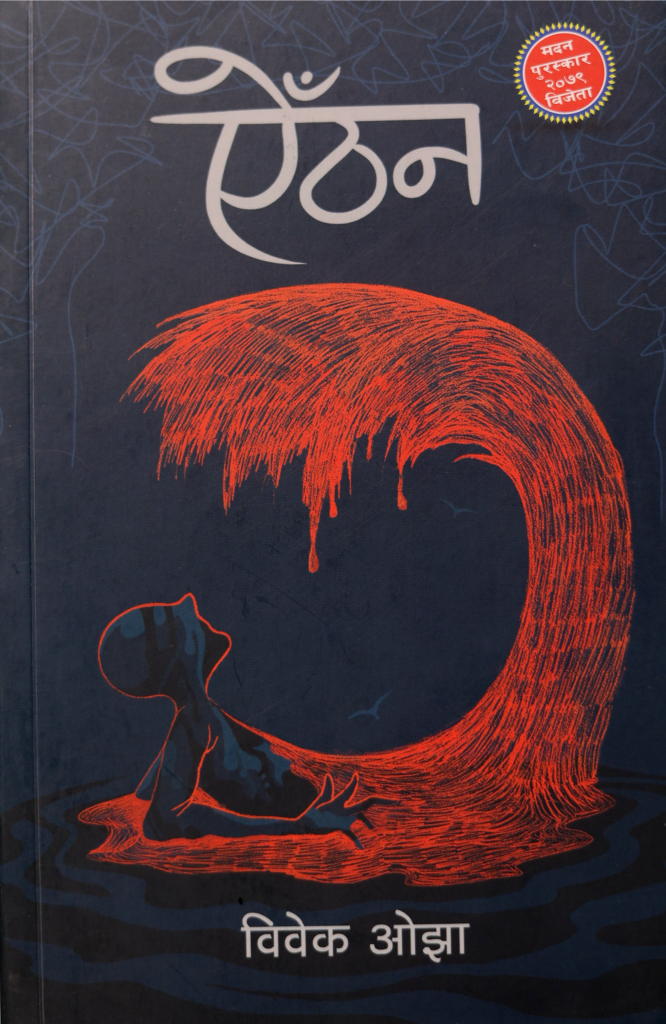Aithan
Aithan
ऐँठन ‘Aithan’ is advocacy for life and humanity, standing firmly against war and weapons. The story weaves through myth, global, and regional contexts metaphorically. It emphasizes human consciousness and the journey of humanity, It explores whether human consciousness is ultimately fruitful or worthless, particularly in the context of how it is shaped by war and the destructive nature of weapons.

About the Book
‘Ainthan is a profound novel that focuses on the destructive power of war, tracing its impact from ancient mythological battles to the global devastation of World Wars and finally to the regional Maoist insurgency in Nepal. By linking these conflicts, the author critiques violence as a recurring force that transcends time and borders, portraying war as a universal scourge. The novel draws on the Mahabharata’s mythic violence and the horrors of Hiroshima to explore how ordinary people, like its protagonist Babankumar, are caught in the brutalities of war, punished without reason, and left with deep, lasting scars. Through a humanist and vitalist perspective, Ainthan advocates for peace, emphasizing the need for power sharing and the equitable distribution of resources to prevent future conflicts. The author uses symbolic scenes, such as a chess game, to underscore the strategic yet ultimately pointless struggles for power that fuel wars. The novel’s rich, evocative language and powerful metaphors bring to life not only the physical violence of war but also its psychological and emotional toll. The narrative seamlessly blends personal trauma with political critique, highlighting the unhealed wounds left by war, even when peace agreements are signed. What makes Ainthan stand out is its nuanced portrayal of both sides of the conflict, avoiding one-dimensional villainy. The author humanizes both state forces and insurgents, showing their shared capacity for cruelty and compassion. This moral ambiguity deepens the reader’s engagement with the characters’ struggles, making the novel a powerful exploration of the ethical dilemmas inherent in war. The novel’s structure, characterized by reverse storytelling and a layered plot, keeps the reader engaged, while its vivid depiction of violence is balanced by moments of introspection. The characters’ reflections on the futility of conflict and their longing for peace lend a sense of hope amidst the tragedy. By situating the local Maoist insurgency within the broader context of global conflicts, Ainthan delivers a universal message about the cost of war and the fragile hope for peace.